Dhaka, Oct 22 (V7N) – Fisheries and Livestock Adviser Farida Akhter said on Wednesday that several countries have offered to export beef to Bangladesh at low prices, but the government is moving cautiously to avoid harming local cattle farmers.
Speaking at the inaugural session of the 2024–25 Annual Research Review Workshop organized by the Bangladesh Livestock Research Institute (BLRI) in Savar, the adviser said, “Why should we import beef? Instead, we must focus on reducing domestic production costs and meeting our own demand. Importing meat would hurt our farmers, and that is not an option. We will work to lower the prices of meat and eggs through cost-efficient production, not through imports.”
She expressed concern over the recent reduction of the national research budget from Tk 5 crore to Tk 3 crore, calling it harmful for the country’s agricultural and livestock innovation. “Without adequate funding, research and development will stagnate,” she warned. “The outcomes of research should not remain limited to institutes but must reach farmers at the field level. Collaboration between the Department of Livestock Services, private organizations, and NGOs is essential.”
Addressing the issue of zoonotic diseases, Akhter emphasized the importance of the “One Health” concept, noting that diseases can transmit between humans and animals. “We need integrated efforts to ensure the health of both humans and animals,” she said, urging more research into animal waste management and the conservation of native livestock breeds.
Expressing concern about climate change, Akhter criticized developed nations for shifting the blame to developing countries. “It is unfair that developed nations continue to burn fuel and damage the environment but blame our cattle for greenhouse gas emissions,” she said. “They must take responsibility for their actions.”
BLRI Director General Dr. Shakila Faruque presided over the event, which was also attended by Fisheries and Livestock Secretary Abu Taher Mohammad Jaber and Director General of the Department of Livestock Services Dr. Md. Abu Sufian as special guests.
Secretary Jaber emphasized the need to prioritize animal health and proper waste management in the livestock sector. He noted that inadequate waste management at farms often leads to animal illnesses, and consuming meat from such animals can pose serious health risks to humans.
He also added that ensuring safe animal feed is key to stabilizing product prices. “We must understand what other countries use in animal feed and why their production costs are lower,” he said, underscoring the need for efficiency and food safety in the livestock industry.
END/RKB/SMA/



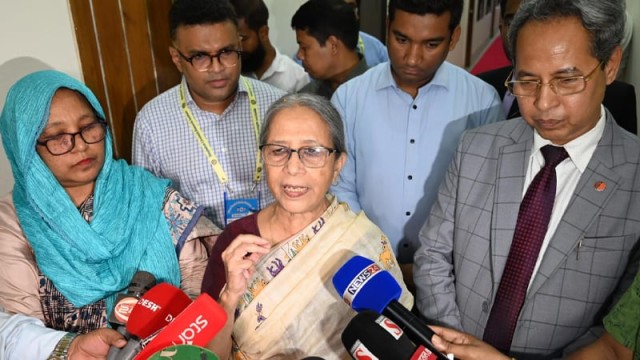

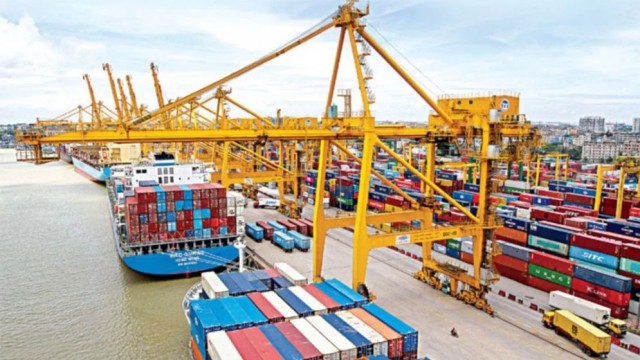
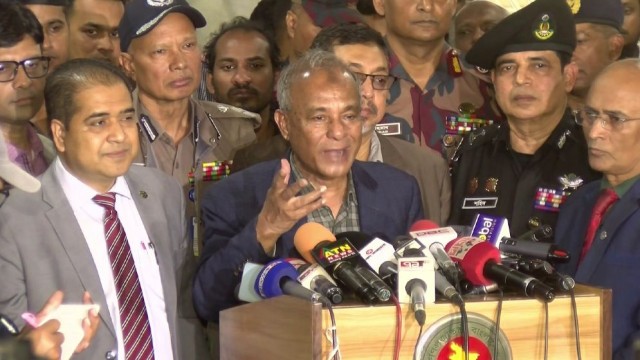

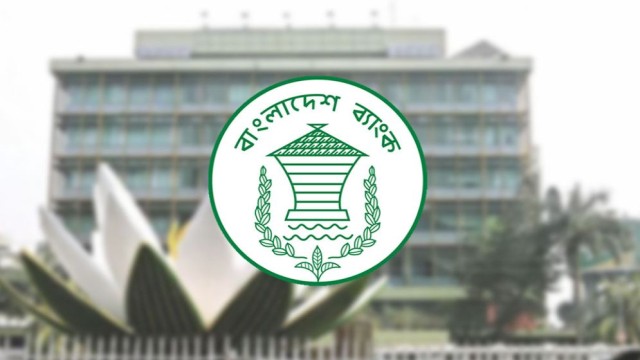
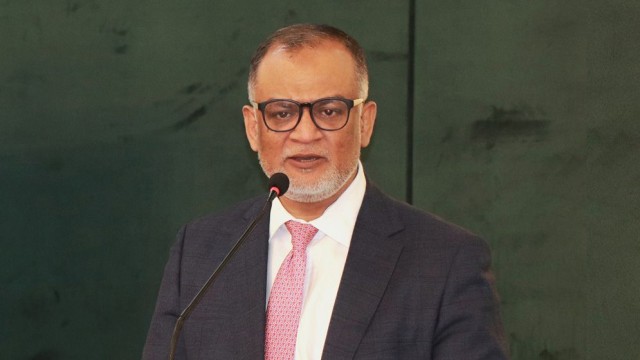



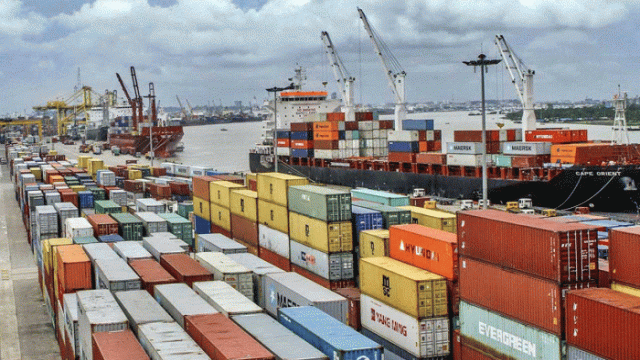
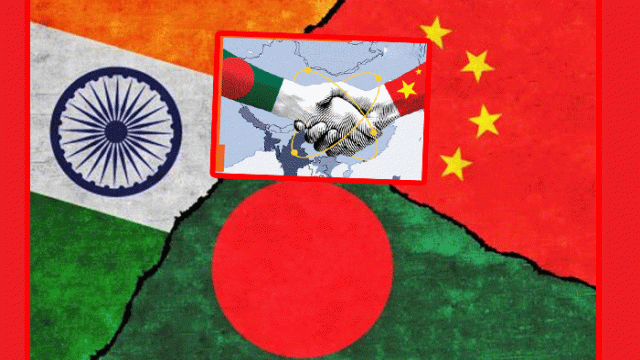
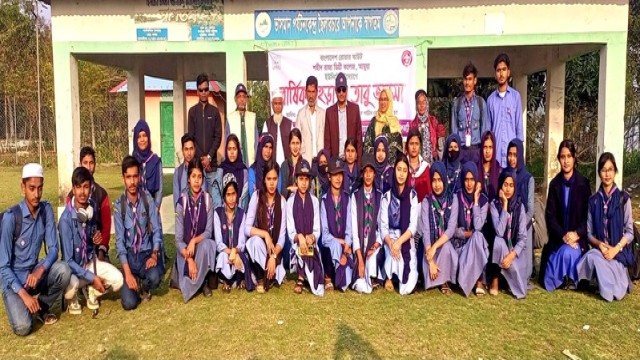
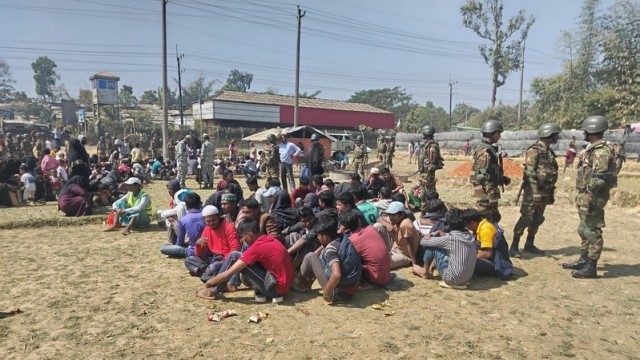


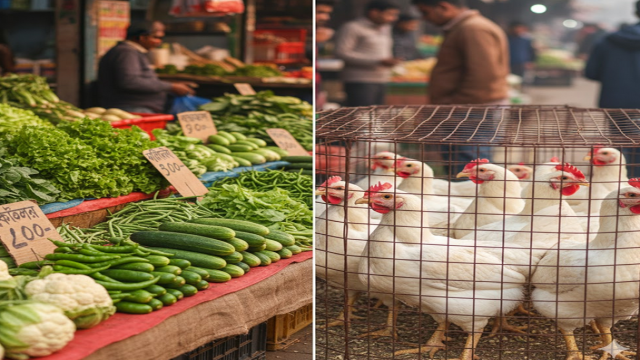








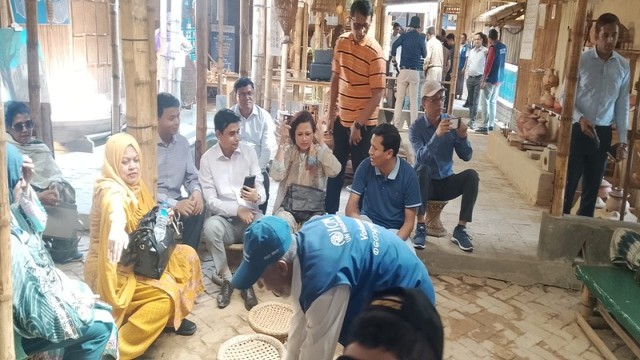
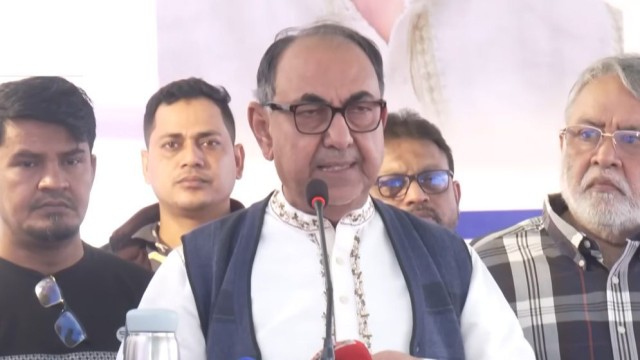

Comment: